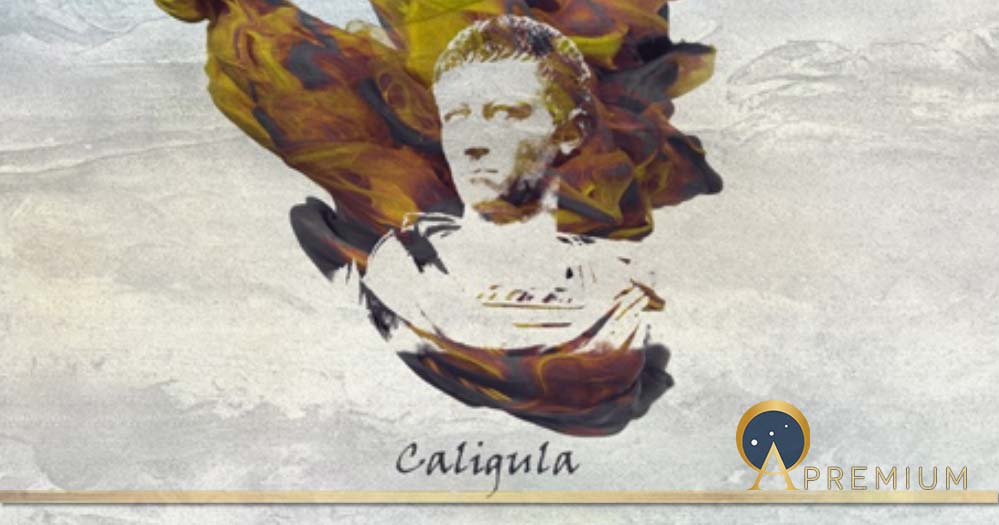Rome’s Most Infamous Emperor: Was Caligula Mad or Bad?
Today, pundits and psychiatrists furiously debate the definition of ‘madness’. Where do narcissism, self-delusion, and an apparent inability to conceive of consequences of actions cross the boundary between childishness and mental derangement? The story of Caligula offers some enlightening insights into the issue, and into the modern political debate.

Painting of a broken statue of Roman Emperor Caligula (Aaron Rutten/ Abode Stock)
Roman Historians: He Was Mad
Third-century historian Cassius Dio was convinced that Caligula was deranged and: “continued to act the madman in every way.” What else could explain his deadly rages and cruel whims? Seneca, who knew and crossed rhetorical swords with Caligula and survived to tell the tale, did write of Caligula’s ‘insane’ acts. Equally, as German scholar Aloys Winterling points out, Seneca also accused Alexander the Great of acting insanely at times, just as he accused Roman women of the ‘insanity’ of wearing too much jewelry. In fact, Seneca was of the opinion that Caligula was merely wicked. “I think nature produced (him) as an example of the effect of supreme wickedness in a supreme position,” Seneca told his mother.
Wicked, many of Caligula’s acts were, but ancient Roman biographer Suetonius was convinced that Caligula suffered from mental illness. More recent scholars have been split on the question of Caligula’s sanity. In the 18th and 19th century, says 20th-century Caligula biographer Anthony Barrett, the prevailing scholarly view was that Caligula was, “a totally deranged madman.” Edward Gibbon typified this view. Gibbon felt that both Caligula and Rome’s 11th emperor, Domitian, were quite mad, and he repeatedly expressed this view in his monumental Decline and Fall of the Roman Empire, a work that educated and influenced Britons and Americans for well over a century. By the 1930s, the pendulum had swung the other way, with the likes of J.P.V.D. Balsdon and Chester Starr offering reasoned, rational explanations for some of Caligula’s seemingly irrational acts.

Marble portrait bust of the emperor Gaius, known as Caligula. Metropolitan Museum of Art. (Public Domain)
Modern Critics: He Was Not Mad
In 2003, Aloys Winterling went as far as criticizing other historians for, “inventing the mad emperor.” Winterling felt that Caligula was bad, not mad, and made the point that Tacitus wrote, at the commencement of his Annals, that historians of his day deliberately and maliciously distorted their accounts of Tiberius, Caligula, Claudius, and Nero.
Like this Preview and want to read on? You can! JOIN US THERE ( with easy, instant access ) and see what you’re missing!! All Premium articles are available in full, with immediate access.
For the price of a cup of coffee, you get this and all the other great benefits at Ancient Origins Premium. And - each time you support AO Premium, you support independent thought and writing.
Stephen Dando-Collins is an award-winning author of 43 books. Considered an authority on the legions of ancient Rome, and his Legions of Rome, was the culmination of decades of research into the individual legions of Rome. His latest book is the biography CALIGULA, The Mad Emperor of Rome.
Top Image: Caligula (Towseef/ Adobe Stock)


















